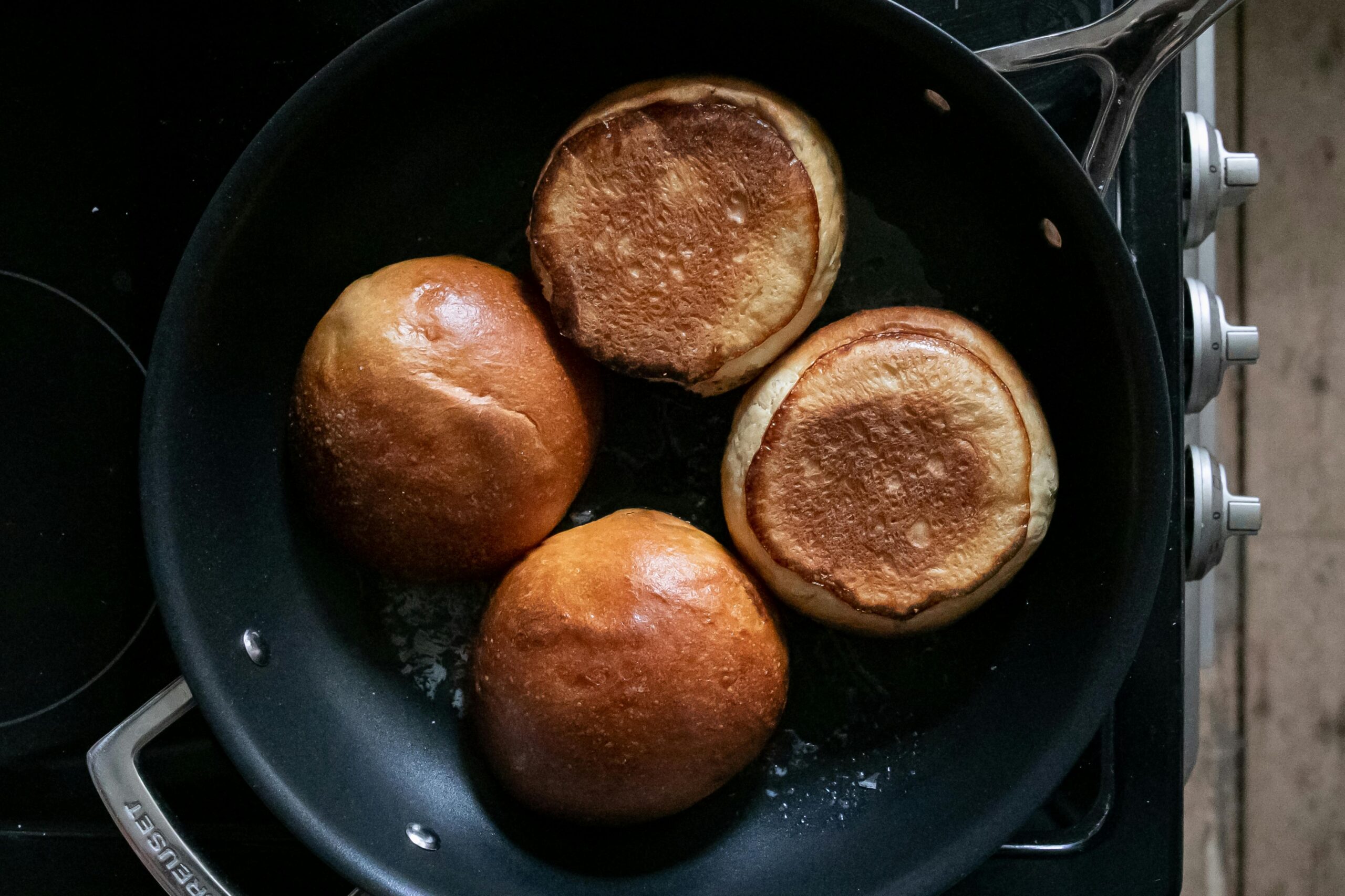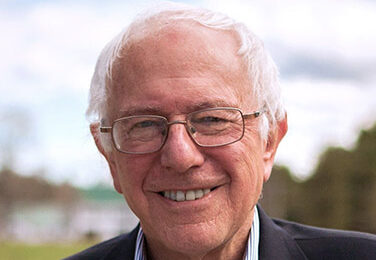The centre-right political wing is looking to privatise the state-owned energy provider, DONG Energy.
The former government, led by Venstre (V) and Konservative (K), was forced to drop a 2008 plan to list the company on the stock exchange after the financial crisis took hold, but V now wants DONG to be listed publicly, provided that the state maintains a controlling stake in the company.
“We can easily see the perspective in gaining capital and knowledge from the outside by having DONG listed at the right time. It will give the company an opportunity to grow when people have their own money at stake,” V's financial spokesperson Peter Christensen told Berlingske newspaper. “But it’s important that the state remains in control.”
While Christensen and V don’t want the state to lose the controlling stake and let DONG fall into foreign hands, opposition libertarian party Liberal Alliance (LA) believes that DONG should be completely privatised, particularly given the company's many failed investments.
“All companies can make poor investments, but the trouble is that Danes are forced to invest in DONG through taxes. Danes should be free to choose whether to invest in DONG,” Ole Birk Olesen, a LA spokesperson, told Børsen newspaper. “The losses aren’t just DONG’s losses, but the taxpayers’ too. Private ownership is a clear advantage.”
On Wednesday, the state auditor's office, Rigsrevisionen, published a scathing report about DONG's investments and criticised the passive role of the Finance Ministry in overseeing the company. DONG’s continued plight has also affected its overall value, down from 70 billion kroner in 2008 to 35 billion kroner today, a situation that was compounded recently when energy regulators ruled that the transportation tariffs charged by Denmark’s leading energy company were too steep.
According to one financial analyst, DONG won’t be ready to be listed on the stock exchange for another couple of years.
“DONG needs to turn around the negative developments and reach stable and solid profits," Jacob Pedersen, a financial analyst from Sydbank, told Berlingske. "At the same time, the stock market needs to have been stable for at least one year, so we’re talking earliest 2015, though 2016 or 2017 is more realistic.”
But despite DONG's ongoing troubles, the government has said that they have no plans to privatise the company.
“I haven’t seen any strong argument for privatising DONG,” John Dyrby Paulsen, a spokesperson for Socialdemokraterne (S), told Berlingske.
Berlingske newspaper has uncovered a number of dubious DONG investments since 2010 that have attracted criticism from Rigsrevisionen. Five of the largest failed moves that have cost DONG and the state billions of kroner are:
Investments in gas-powered plants (about five billion kroner)
In the last two account releases alone, DONG recorded losses of two billion kroner for their gas-powered plants. The low prices of coal and CO2 resulted in gas-powered plants being less profitable than coal-powered plants. 2.9 billion kroner have also been lost to unprofitable gas stockpiling contracts.
Scrapped coal plant in Greifswald (about 1.1 billion kroner)
Plans to establish a coal plant in Greifswald, Germany had to be dropped late in the project phase. DONG confirmed losses of around one billion kroner, but never revealed the precise number in their accounts.
Fibre-optic broadband (1.5 billion kroner)
A fibre-optic broadband project ended up costing DONG over 800 million kroner in losses. It then sold the project off to to TDC for 600 million kroner less than what they had invested in it.
Inbicon (about 0.5 billion kroner)
DONG ventured into bio-ethanol with the Inbicon plant in Kalundborg, which was the first plant in the world that could make bio-ethanol from straw. DONG investment is considered a write off because the plant won’t produce commercially.
Better Place (about 0.2 billion kroner)
DONG admitted that they haven’t seen any profit from their 200 million kroner investment into the embattled Better Place electric car project and stated recently that would not invest more money into the company, although they would keep their 17 percent stake in the company.















